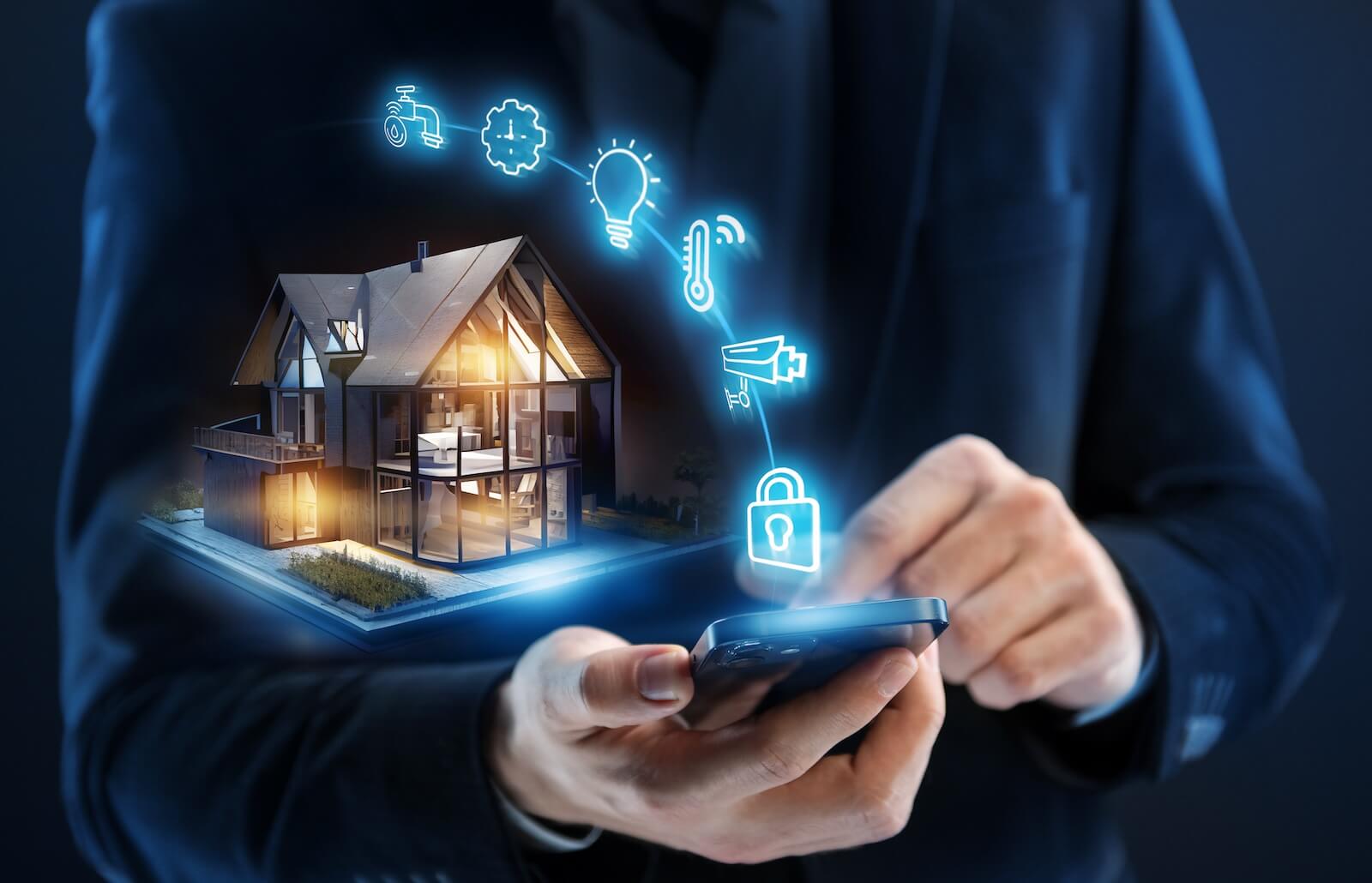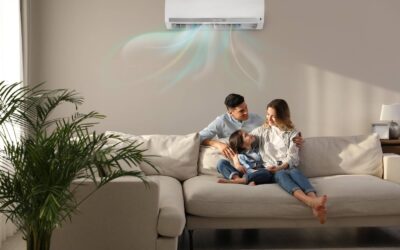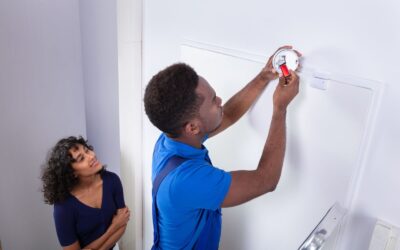As energy costs continue to rise, homeowners are increasingly seeking ways to reduce their energy bills while maintaining a comfortable living environment. Fortunately, advancements in home services and technology offer numerous solutions to improve energy efficiency. Here are five effective strategies to lower your energy costs with smarter home services.
1. Optimize Your HVAC System
Regular Maintenance and Upgrades
One of the most significant contributors to high energy bills is an inefficient HVAC system. Regular maintenance and timely upgrades can dramatically improve your system’s performance. Here’s how:
- Annual Inspections: Schedule annual HVAC inspections with a professional technician to ensure your system operates at peak efficiency. Regular check-ups can identify issues before they become costly repairs and ensure components like filters, coils, and fins are clean and functioning correctly.
- Upgrade to Energy-Efficient Models: If your HVAC system is over ten years old, consider upgrading to a newer, more energy-efficient model. Look for units with high SEER (Seasonal Energy Efficiency Ratio) ratings for air conditioners and high AFUE (Annual Fuel Utilization Efficiency) ratings for furnaces.
- Programmable Thermostats: Installing a programmable thermostat allows you to set your HVAC system to operate only when needed, reducing energy waste. Smart thermostats learn your schedule and adjust temperatures automatically, optimizing energy use without sacrificing comfort.
2. Improve Home Insulation
Seal and Insulate
Poor insulation is a common culprit of high energy bills. Heat loss in the winter and heat gain in the summer force your HVAC system to work harder, increasing energy consumption. Improving your home’s insulation can significantly reduce energy costs:
- Seal Air Leaks: Inspect your home for air leaks around windows, doors, and in the attic. Use caulk or weatherstripping to seal gaps and prevent drafts.
- Add Insulation: Increase insulation in your attic, walls, and basement to reduce heat transfer. Insulating materials such as fiberglass, foam board, or spray foam can help maintain a stable indoor temperature, reducing the load on your HVAC system.
- Insulate Ductwork: Ensure that your ductwork is properly insulated, especially in unconditioned spaces like attics or crawl spaces. Leaky or poorly insulated ducts can result in significant energy loss.
3. Upgrade to Energy-Efficient Appliances
Modern, Efficient Choices
Household appliances account for a substantial portion of your energy consumption. Upgrading to energy-efficient appliances can lead to significant savings over time:
- Energy Star Ratings: When purchasing new appliances, look for the Energy Star label. Energy Star-rated appliances meet strict energy efficiency guidelines set by the U.S. Environmental Protection Agency and can reduce energy use by up to 50% compared to their non-rated counterparts.
- Smart Appliances: Consider smart appliances that allow you to monitor and control usage from your smartphone. These appliances can provide insights into energy consumption patterns and offer ways to optimize usage.
- Routine Maintenance: Regular maintenance of appliances such as refrigerators, washers, and dryers ensures their efficiency. Additionally, clean the refrigerator’s condenser coils, remove lint from your dryer vent, and check for any leaks or malfunctions.
4. Utilize Renewable Energy Sources
Solar and Wind Power
Harnessing renewable energy sources can drastically reduce your reliance on traditional energy and lower your bills:
- Solar Panels: Installing solar panels on your roof allows you to generate electricity from the sun. Although the initial investment can be high, many homeowners see a significant return on investment through reduced energy bills and potential tax incentives.
- Solar Water Heaters: Solar water heaters use the sun’s energy to heat your water, reducing the need for traditional water heating methods. These systems are particularly effective in sunny climates and can significantly cut water heating costs.
- Wind Turbines: Small wind turbines can provide a supplemental energy source if your property is suitable. Like solar panels, wind turbines can reduce your dependency on the grid and lower energy costs.
5. Implement Smart Home Technologies
Automation and Monitoring
Smart home technologies offer innovative ways to monitor and control energy use, enhancing efficiency and convenience:
- Smart Lighting: Replace traditional bulbs with LED bulbs and integrate them with smart lighting systems. Smart lighting allows you to automate lighting schedules, dim lights remotely, and turn off lights when not in use, significantly reducing energy consumption.
- Home Energy Monitors: Install home energy monitors to track energy use in real-time. These devices provide detailed insights into how much energy each appliance uses and help identify opportunities for savings.
- Smart Power Strips: Many electronic devices consume power even when turned off. Smart power strips cut off power to devices when they’re not in use, eliminating “phantom” energy consumption.
Achieve Sustainable Savings with Smart Home Services
Reducing your energy bills doesn’t have to involve drastic lifestyle changes. By optimizing your HVAC system, improving home insulation, upgrading to energy-efficient appliances, utilizing renewable energy sources, and implementing smart home technologies, you can significantly lower your energy costs while maintaining a comfortable and sustainable home. These smarter home services save you money and contribute to a greener, more energy-efficient future.
At Steel T Home Services, we are committed to helping you achieve greater energy efficiency in your home. Our team of experts is ready to provide professional advice, quality installations, and reliable maintenance services to ensure your home operates at its best. Contact us today to learn more about how we can help you reduce your energy bills and enhance your home’s comfort and efficiency.
Steel T Home Services is Denver's choice for HVAC, plumbing & electrical needs. With over 40 years of experience in serving our valued customers’ needs, Steel T is committed to providing unparalleled comfort to your home.



